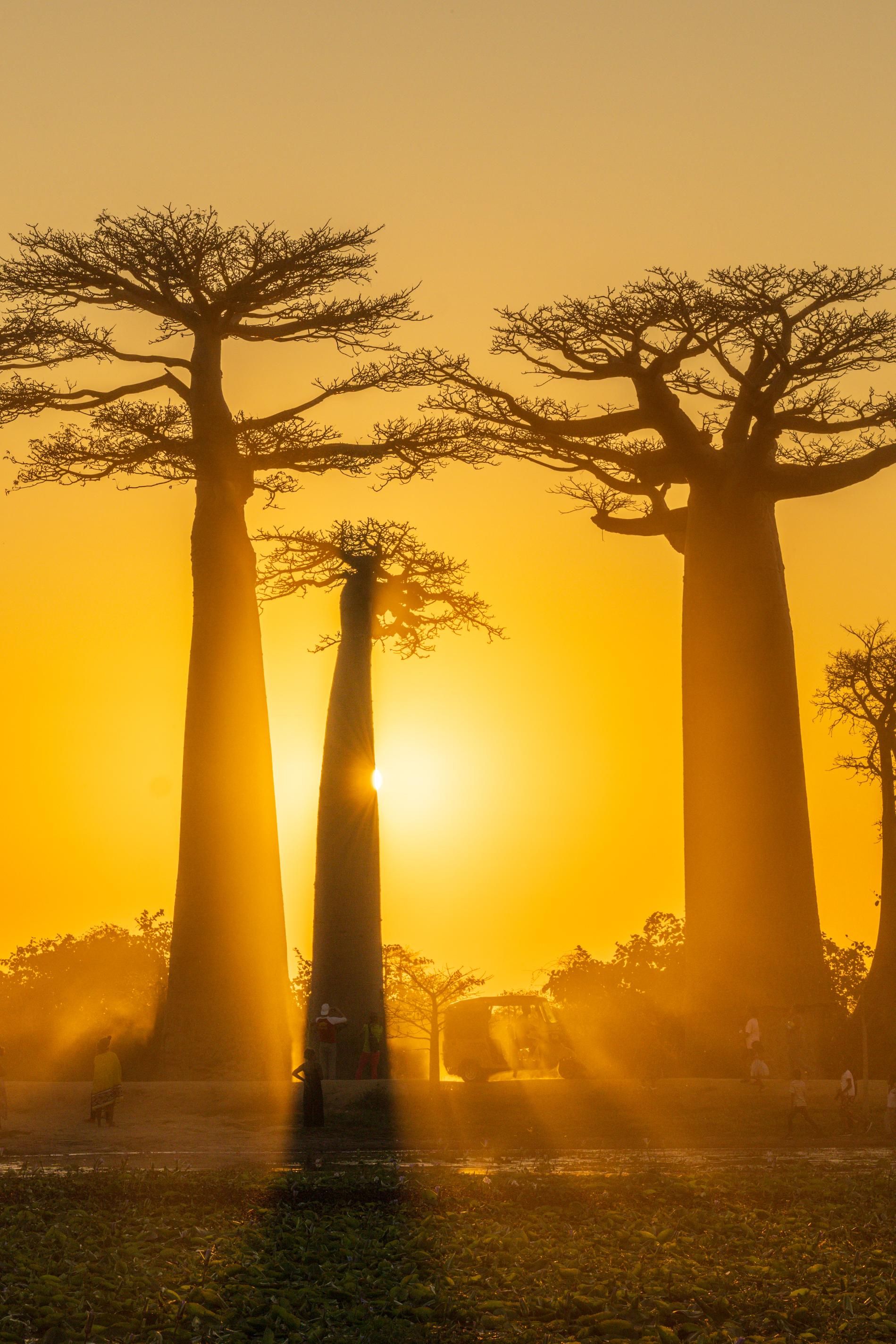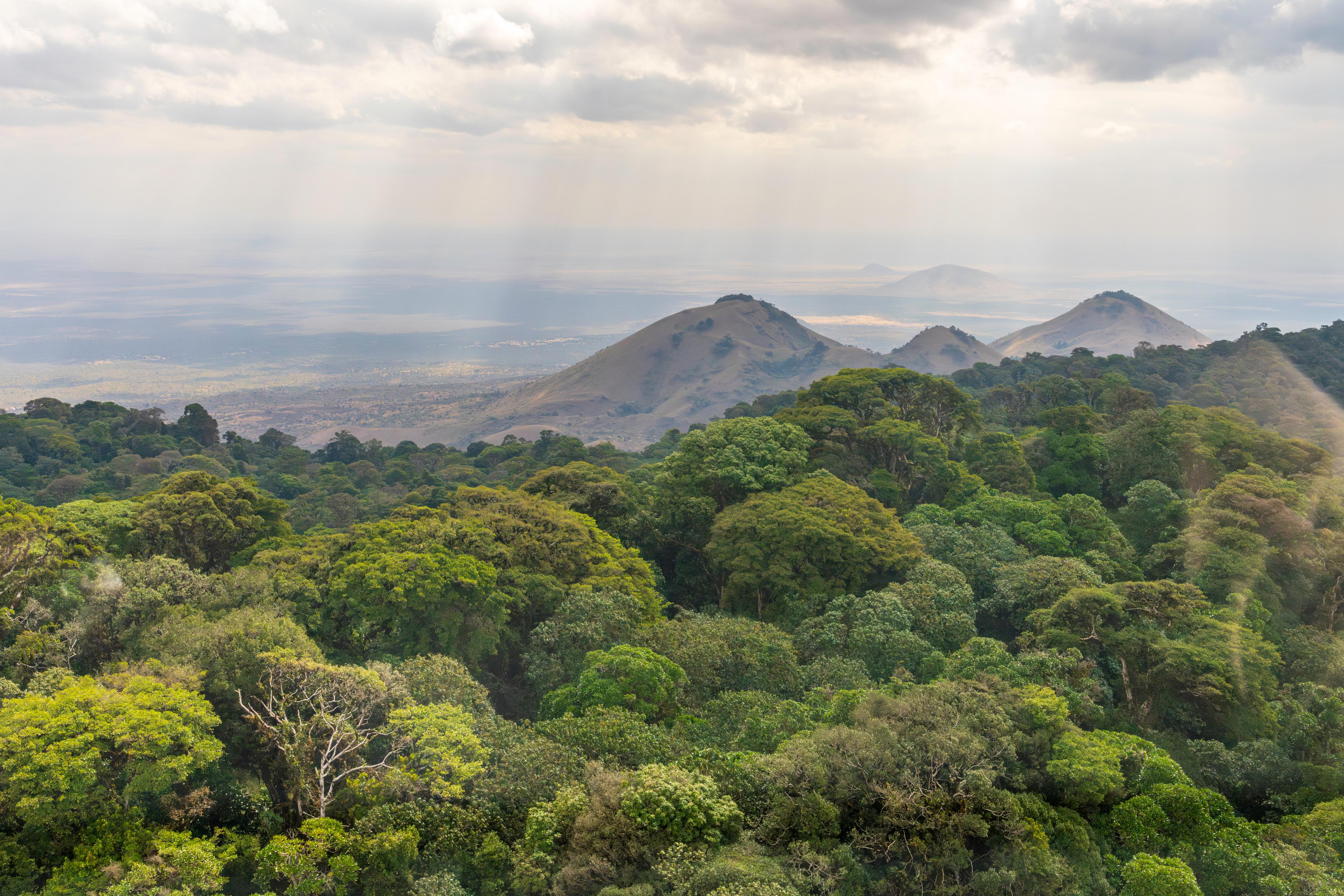
One of the simplest and most effective solutions to climate change is already all around us: nature. Research shows that protecting and restoring forests, mangroves, peatlands and other ecosystems could provide a third of the emissions reductions needed by 2030 to stabilize our climate. And that’s exactly what we’re doing.
How we’ll do it
Partner with businesses and governments to reduce deforestation by addressing major drivers like agricultural expansion.
Map high-carbon ecosystems — such as mangroves, tropical peatlands and old-growth forests — that are essentially impossible to replace once lost.
Develop strategies to boost the return on investment in tropical reforestation, making it more appealing to governments and private investors.
Support Indigenous and local communities in protecting forests on their lands.
Integrate nature-based solutions into national and global climate strategies to maximize their impact.

In action
Chyulu Hills Forest Carbon Project
In Kenya’s Chyulu Hills, Conservation International is helping communities turn nature into a lifeline for education, health and well-being.
For many years, Chyulu Hills has been threatened by unsustainable land conversion and degradation, which contribute to climate change. That’s why Conservation International and partners set out to help local communities protect their home through the sale of carbon credits — in short, investments that reduce carbon emissions by funding the protection of nature.
The result has been the world’s first-ever wholly community-owned carbon project — designed to benefit communities while protecting the region’s forests, grasslands, waterways and wildlife — with revenue re-invested into local conservation efforts. Since its creation, the Maasai people and local small-scale farmers have helped conserve and restore 404,000 hectares (1 million acres) of land, protecting iconic African wildlife and preventing the release of around 37 million metric tons of climate-warming carbon emissions.
The project is also giving children a chance to reach their full potential, with revenues going to scholarships for families facing economic hardship and to improve school infrastructure, like adding more desks and installing water tanks.
Protecting and restoring forests can significantly contribute to combating climate change. The project in Kenya’s Chyulu Hills prevents the release of 580,000 metric tons of carbon emissions annually — equivalent to taking 830,000 gas-powered cars off the road over the past six years.
YOU CAN HELP HEAL OUR PLANET AND PROTECT OUR FUTURE
Join a passionate, visionary collective of donors as we work together to heal our planet and protect our future. In today’s unpredictable world, the need to be nimble and responsive has never been clearer. Whether in times of crisis, opportunity or new discoveries, plans must evolve. Flexible funding enables Conservation International’s scientists and experts to act with intention, agility and courage.
You can make a campaign gift to help Conservation International heal our planet to protect our future.